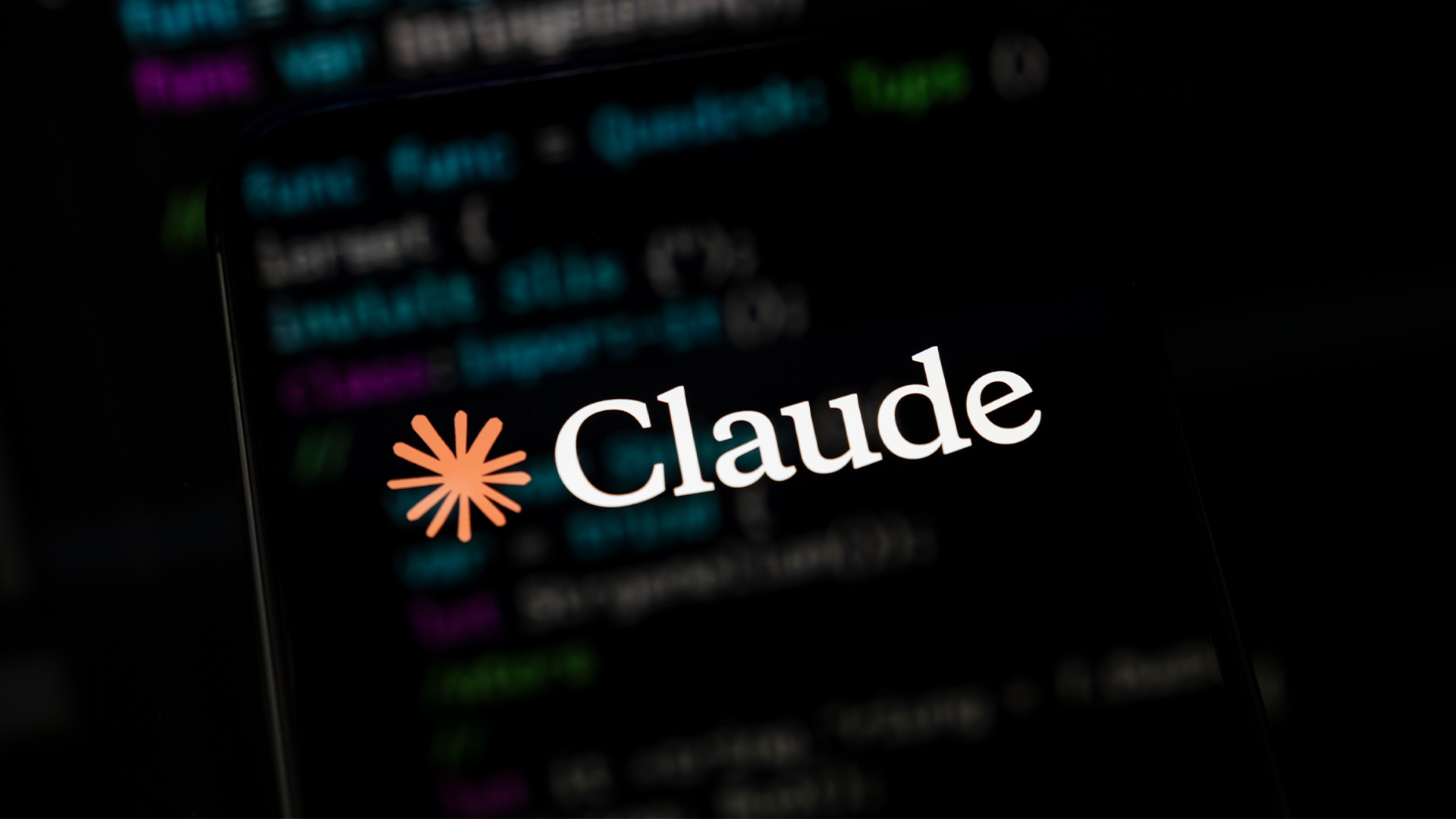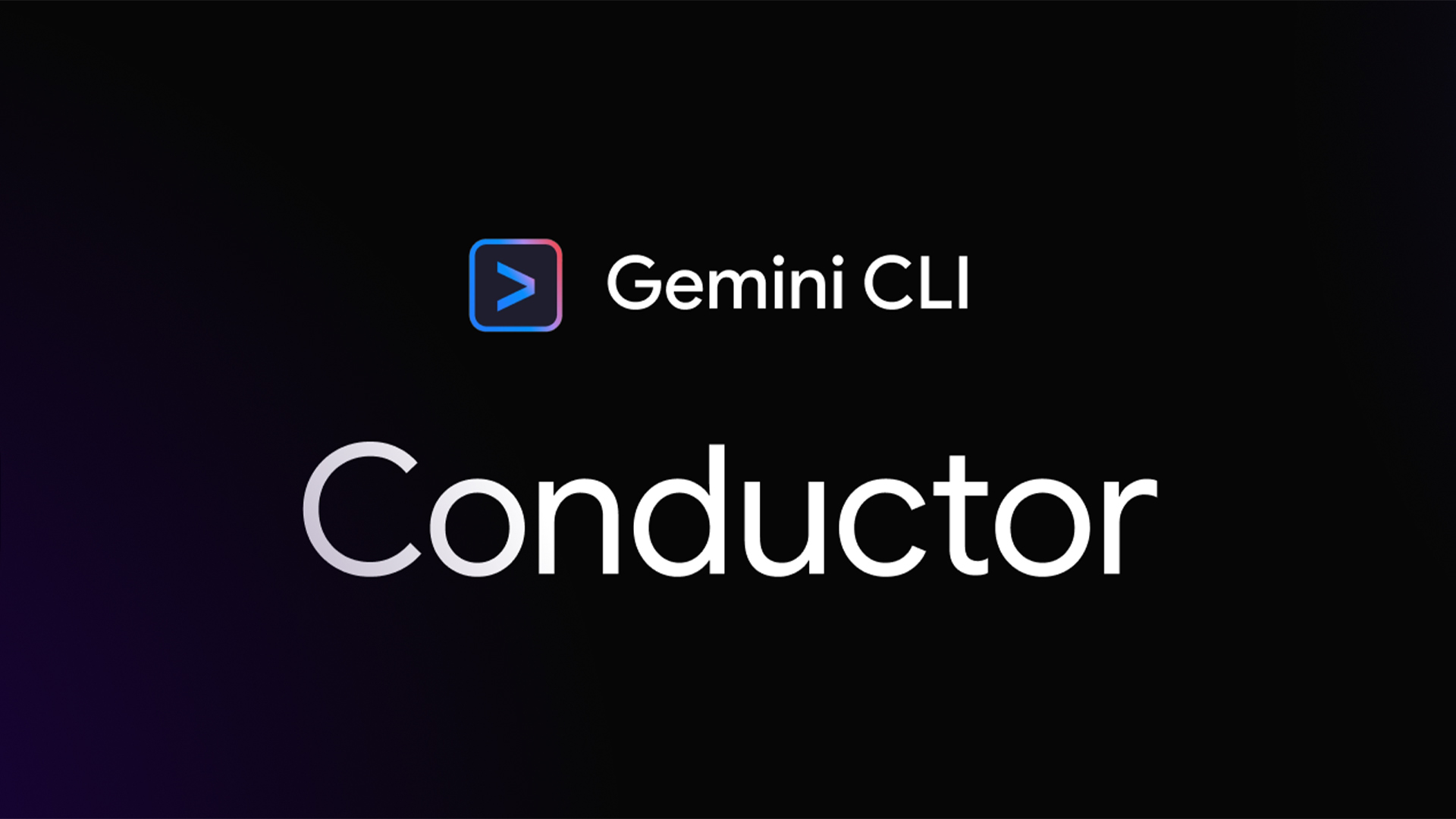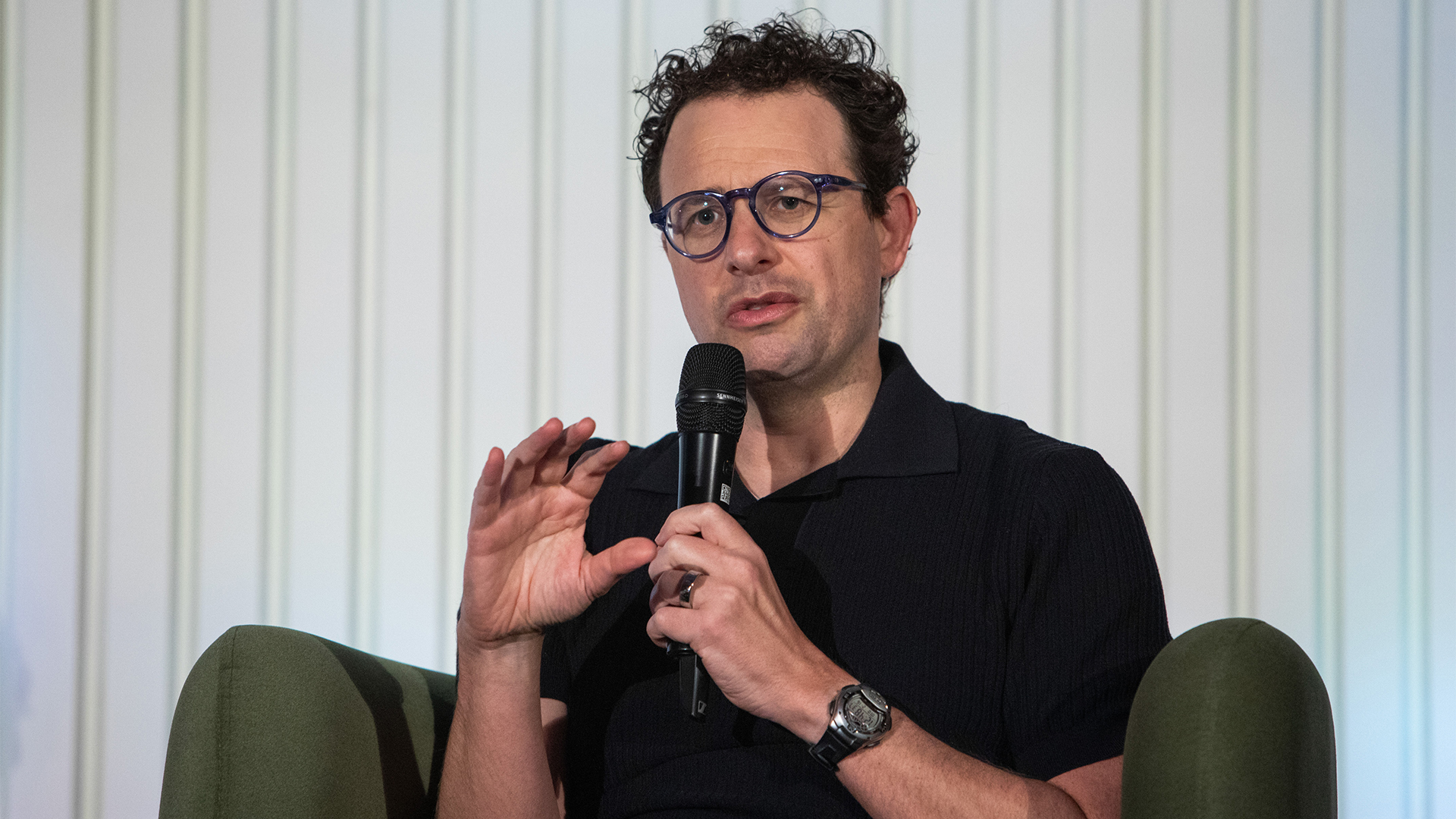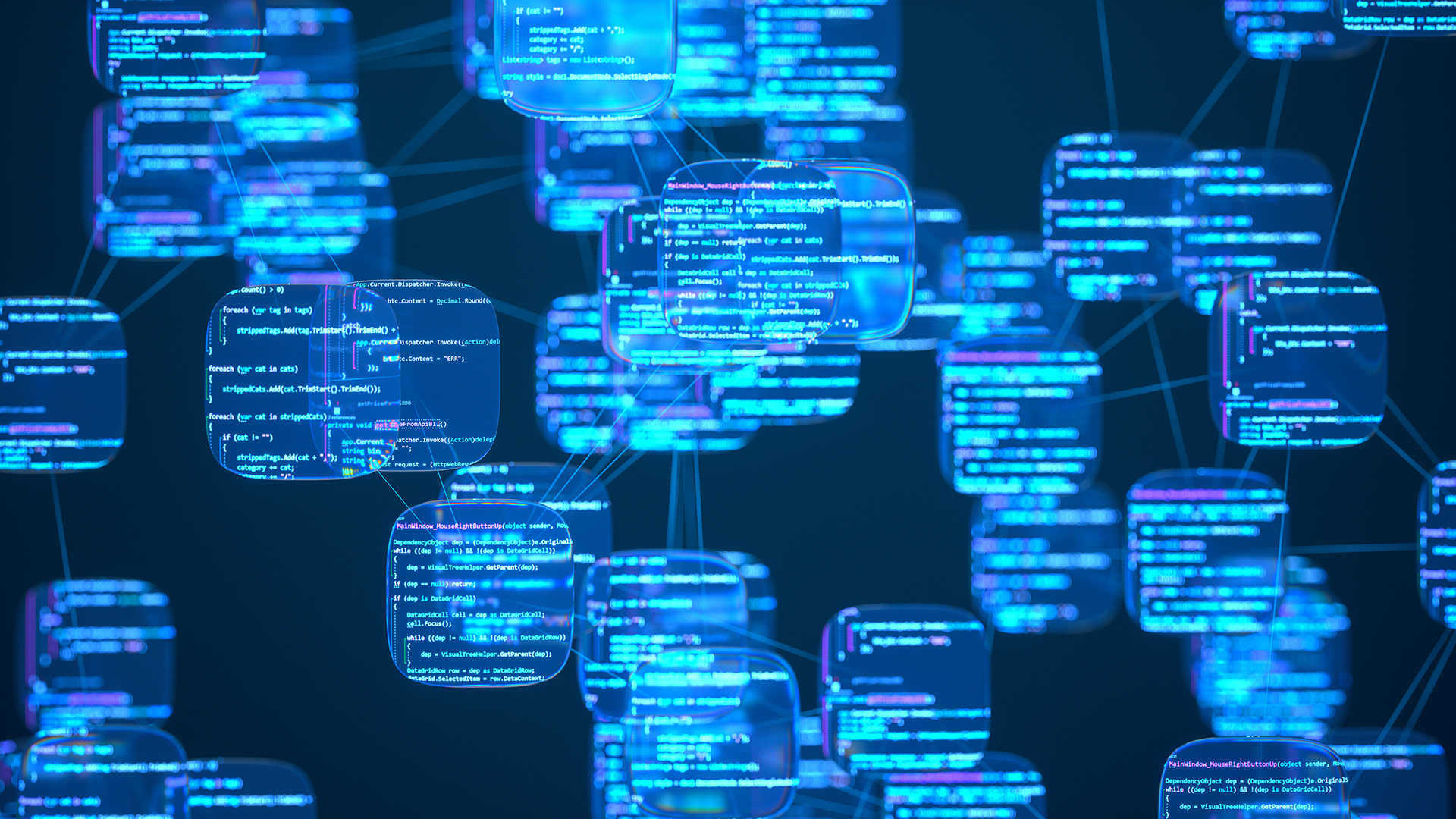OpenAI's plan to acquire AI coding startup Windsurf ended in disaster – here’s how the deal fell apart
The acquisition by Cognition comes after a rumored $3bn offer from OpenAI fell through


Sign up today and you will receive a free copy of our Future Focus 2025 report - the leading guidance on AI, cybersecurity and other IT challenges as per 700+ senior executives
You are now subscribed
Your newsletter sign-up was successful
Cognition has confirmed plans to acquire Windsurf just days after a rumored $3 billion buyout attempt by OpenAI fell through and the AI coding startup's CEO was poached by Google.
In May this year, OpenAI was reported to be on the cusp of purchasing Windsurf, formerly known as Codeium. Windsurf offers tools such as Autocomplete, which suggests code while software engineers type, and Search, which helps find bits and pieces in a repository using natural language.
Last week, the long-rumored deal fell through amid reports that one cause was OpenAI's ongoing tension with Microsoft. In its place, Google stepped in with a licensing deal and to poach key staff.
Days later, Windsurf and Cognition jointly announced the latter would acquire the sought-after AI startup. Financial details of the deal weren't immediately revealed, but Cognition CEO Scott Wu said in a blog post that the acquisition includes Windsurf's IP, product, trademark, business, and talent.
Windsurf's new interim CEO, Jeff Wang, said it was a "really volatile time at Windsurf", but added: "Despite the turbulence, so much of what makes us great is intact."
Inside the Cognition acquisition
Cognition is perhaps best known as the creator of Devin, which it claimed was the world's first autonomous software engineer — though critics noted plenty of flaws with the $500-a-month system at its launch earlier this year.
Wang said pairing Cognition's agents with Windsurf's AI-supported integrated development environment (IDE) was the "perfect combination of products", and suggested it would enable AI to take over more coding, helping support everyone from vibe coders to large enterprises.
Sign up today and you will receive a free copy of our Future Focus 2025 report - the leading guidance on AI, cybersecurity and other IT challenges as per 700+ senior executives
"Working side by side, we’ll be able to let engineering teams plan a task in Windsurf aided by Devin’s deep codebase understanding, delegate chunks of work to a team of Devins, and tackle the hardest parts yourself in Windsurf with features like Tab and Cascade," Wang said.
"Then it seamlessly gets stitched back together all within the same environment. That’s the future we will now create together."
"This combined agent + IDE, along with everything else to come, will be a fearsome combo,” he added.
Cognition's Wu said Windsurf will continue to work as it had been previously while Cognition focuses on developing Devin.
"Over the coming months, we’ll be investing heavily in integrating Windsurf’s capabilities and unique IP into Cognition’s products," he said.
Google’s talent scouting bombshell
Last week, before the Cognition deal was announced, Google confirmed it paid $2.4 billion for licensing rights and to poach a small number of Windsurf staff.
This included a portion of the R&D team, but also CEO Varun Mohan and co-founder Douglas Chen. Jeff Wang, previously head of business, took over as interim CEO.
"We’re excited to welcome some top AI coding talent from Windsurf’s team to Google DeepMind to advance our work in agentic coding," Google said in a statement sent to journalists.
Windsurf explained in a blog post that the software it was building "aligned quite well" with other companies' products, but admitted there are now many different solutions outside of Windsurf to help support software development.
"Given the rapid pace of innovation, we see an advantage to double down our focus on the enterprise problems, which has long been our primary focus, and we will be continuing to devote resources to taking the wide range of product innovations in the broader market and making them work for enterprise workloads, the most impactful workloads to society," the company said.
The deal with Google will help "kick-start this next phase."
Tough times at OpenAI
The failed deal between OpenAI and Windsurf was reportedly impacted by the AI firm’s tensions with major investor Microsoft, which have been rumbling on in the background over the last few months.
Microsoft was an enthusiastic backer of OpenAI, with an initial $1bn investment in 2019 that has since totaled $13bn. Relations between the two firms appear to have become frayed in recent months.
Earlier this year, Microsoft began using a wider range of AI models in 365 Copilot beyond OpenAI's systems, and the once exclusive relationship opened up to allow OpenAI to work with other infrastructure partners.
Last month, reports suggested the relationship had soured further, with a report in the Wall Street Journal claiming "tensions are reaching a boiling point".
According to sources, OpenAI execs were considering accusing Microsoft of anti-competitive behaviour and Microsoft has reportedly considered pausing negotiations.
The disagreement appears to center on OpenAI's attempts to shift away from its existing non-profit model, how much control Microsoft has over OpenAI's compute resources, and even the access Microsoft would have gotten to Windsurf's IP had that deal gone through.
Another key aspect of the dispute appears to center on a clause in the contract between the two companies over what happens if OpenAI achieves artificial general intelligence (AGI).
If OpenAI achieves that perhaps impossible milestone, then Microsoft's access to its models will automatically end. However, that raises the question of how to define AGI for the purposes of that clause, with Microsoft worried — according to a Wired report — that its partner will pull the plug on its model access early.
CEO Sam Altman has been highly vocal about the company’s push to achieve this elusive goal, going so far as to predict AGI’s arrival this year. On the other hand, Microsoft CEO Satya Nadella has called the idea of AGI "nonsensical benchmark hacking".
Running parallel to all of this is the brewing war for AI talent in Silicon Valley, with Meta poaching OpenAI staff by throwing hundreds of millions of dollars in pay at top talent.
Make sure to follow ITPro on Google News to keep tabs on all our latest news, analysis, and reviews.
MORE FROM ITPRO
- AI coding tools are finally delivering results for enterprises
- AI coding tools are booming – and developers in this one country are by far the most frequent users
- AI coding tools aren’t the solution to the unfolding 'developer crisis’
Freelance journalist Nicole Kobie first started writing for ITPro in 2007, with bylines in New Scientist, Wired, PC Pro and many more.
Nicole the author of a book about the history of technology, The Long History of the Future.
-
 Salesforce targets telco gains with new agentic AI tools
Salesforce targets telco gains with new agentic AI toolsNews Telecoms operators can draw on an array of pre-built agents to automate and streamline tasks
-
 Four national compute resources launched for cutting-edge science and research
Four national compute resources launched for cutting-edge science and researchNews The new national compute centers will receive a total of £76 million in funding
-
 Claude Code flaws left AI tool wide open to hackers – here’s what developers need to know
Claude Code flaws left AI tool wide open to hackers – here’s what developers need to knowNews The trio of Claude code flaws could have put developers at risk of attacks
-
 AI isn’t killing DevOps, you’re just using it wrong
AI isn’t killing DevOps, you’re just using it wrongNews New research indicates that enterprises with mature DevOps processes are gaining the most from AI adoption
-
 Anthropic says Claude Code can help streamline 'cost-prohibitive' COBOL modernization, but IBM says it's not that simple – 'decades of hardware-software integration cannot be replicated by moving code'
Anthropic says Claude Code can help streamline 'cost-prohibitive' COBOL modernization, but IBM says it's not that simple – 'decades of hardware-software integration cannot be replicated by moving code'News Research from Anthropic claims Claude Code can simplify modernization of COBOL systems
-
 ‘AI is making us able to develop software at the speed of light’: Mistral CEO Arthur Mensch thinks 50% of SaaS solutions could be supplanted by AI
‘AI is making us able to develop software at the speed of light’: Mistral CEO Arthur Mensch thinks 50% of SaaS solutions could be supplanted by AINews Mensch’s comments come amidst rising concerns about the impact of AI on traditional software
-
 Automated code reviews are coming to Google's Gemini CLI Conductor extension – here's what users need to know
Automated code reviews are coming to Google's Gemini CLI Conductor extension – here's what users need to knowNews A new feature in the Gemini CLI extension looks to improve code quality through verification
-
 Claude Code creator Boris Cherny says software engineers are 'more important than ever’ as AI transforms the profession – but Anthropic CEO Dario Amodei still thinks full automation is coming
Claude Code creator Boris Cherny says software engineers are 'more important than ever’ as AI transforms the profession – but Anthropic CEO Dario Amodei still thinks full automation is comingNews There’s still plenty of room for software engineers in the age of AI, at least for now
-
 Anthropic Labs chief Mike Krieger claims Claude is essentially writing itself – and it validates a bold prediction by CEO Dario Amodei
Anthropic Labs chief Mike Krieger claims Claude is essentially writing itself – and it validates a bold prediction by CEO Dario AmodeiNews Internal teams at Anthropic are supercharging production and shoring up code security with Claude, claims executive
-
 AI-generated code is fast becoming the biggest enterprise security risk as teams struggle with the ‘illusion of correctness’
AI-generated code is fast becoming the biggest enterprise security risk as teams struggle with the ‘illusion of correctness’News Security teams are scrambling to catch AI-generated flaws that appear correct before disaster strikes
